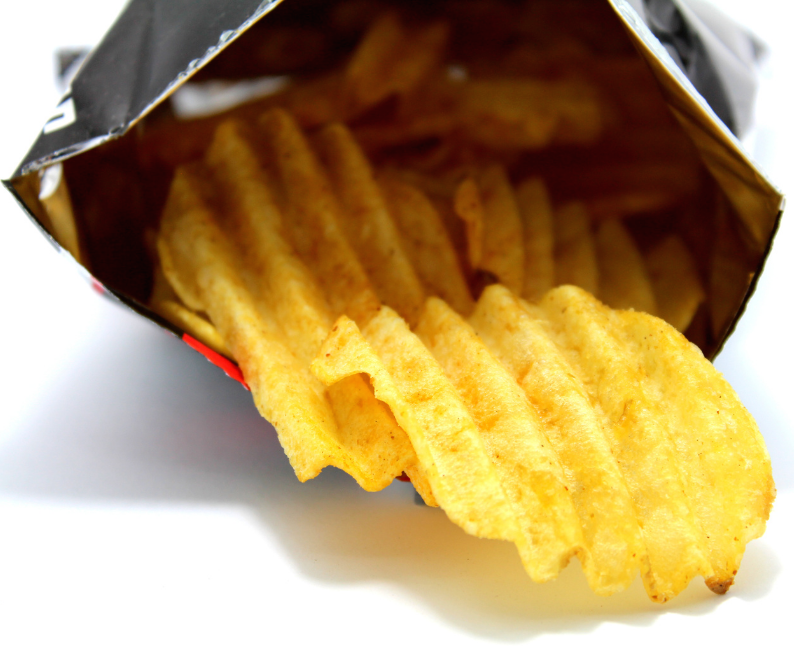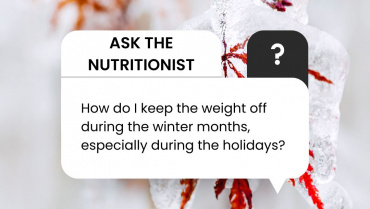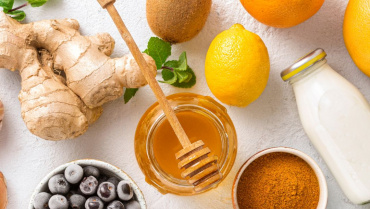You just finished a quick lunch between tasks and now you’re heading back into productivity mode. But suddenly, you have an overwhelming urge for something… more. It might be the salty crunch of potato chips or the dark sweetness of chocolate.
You’ve got a craving…and now you can’t focus on anything else.
But, wait, you just ate! You can’t actually be hungry, can you? Is it your body wisdom telling you it needs something, some other nutrient? Shouldn’t you listen to your body?
Yes, you should listen to your body, but chances are your body is not what’s asking you to get a cup of hot chocolate and a brownie. Or a bag of Barbeque Lays.
For a long time, the popular idea was that cravings were to be indulged because they were signs your body was trying to come back into nutritional balance. But neuroscience now tells us something different.
Surveys show that the majority of people experience food cravings. A 2004 study found that when participants thought about foods they liked, the parts of the brain linked to the dopamine reward system lit up.
Dopamine is known as the feel-good neurotransmitter—a chemical that ferries information between neurons. The brain releases it when we eat food that we crave or have sex, contributing to pleasure and satisfaction as part of the reward system.
We evolved to crave sugary and fatty foods, which are high in calories. These foods were meant to help us survive when food was scarce and regular eating was not guaranteed.
So, is it hunger or craving?
Recently, neuroscience studies have shown that food cravings are not coming from the body, but rather from the mind. While the hunger loop operates out of the hypothalamus at the base of the brain, the reward system is located in the center of the brain and involves many regions.
Hunger is the body’s need for nourishment and it manifests in different ways, such as a stomach rumble or slight headache. A craving can be triggered anytime, by stress or memories. Hurt feelings, boredom, worries, or a happy association with a particular food when you’re feeling sad are some of the many triggers of cravings. Lifestyle choices can also govern cravings. A University of California, Berkeley, study showed that poor sleeping habits can make people crave unhealthy foods.
Cravings are all about that reward system and triggering a release of feel-good dopamine. Over time, we teach ourselves that these foods make us feel better, and eating them becomes a habit that’s hard to break.
Your cravings are unmet needs that your mind is trying to fulfill. Learning what your true needs are and rewarding yourself with things that actually fulfill your real needs can help you break unhealthy eating habits. Change starts with becoming aware of your craving (before you give in) and pausing to find out what your real need is.
Behavior changes are key to any weight loss program and science-backed ways to change your mindset and habits are important components of a new Comprehensive Weight Loss Program we offer at BeWell. Contact us now to learn about it.





Add Comment